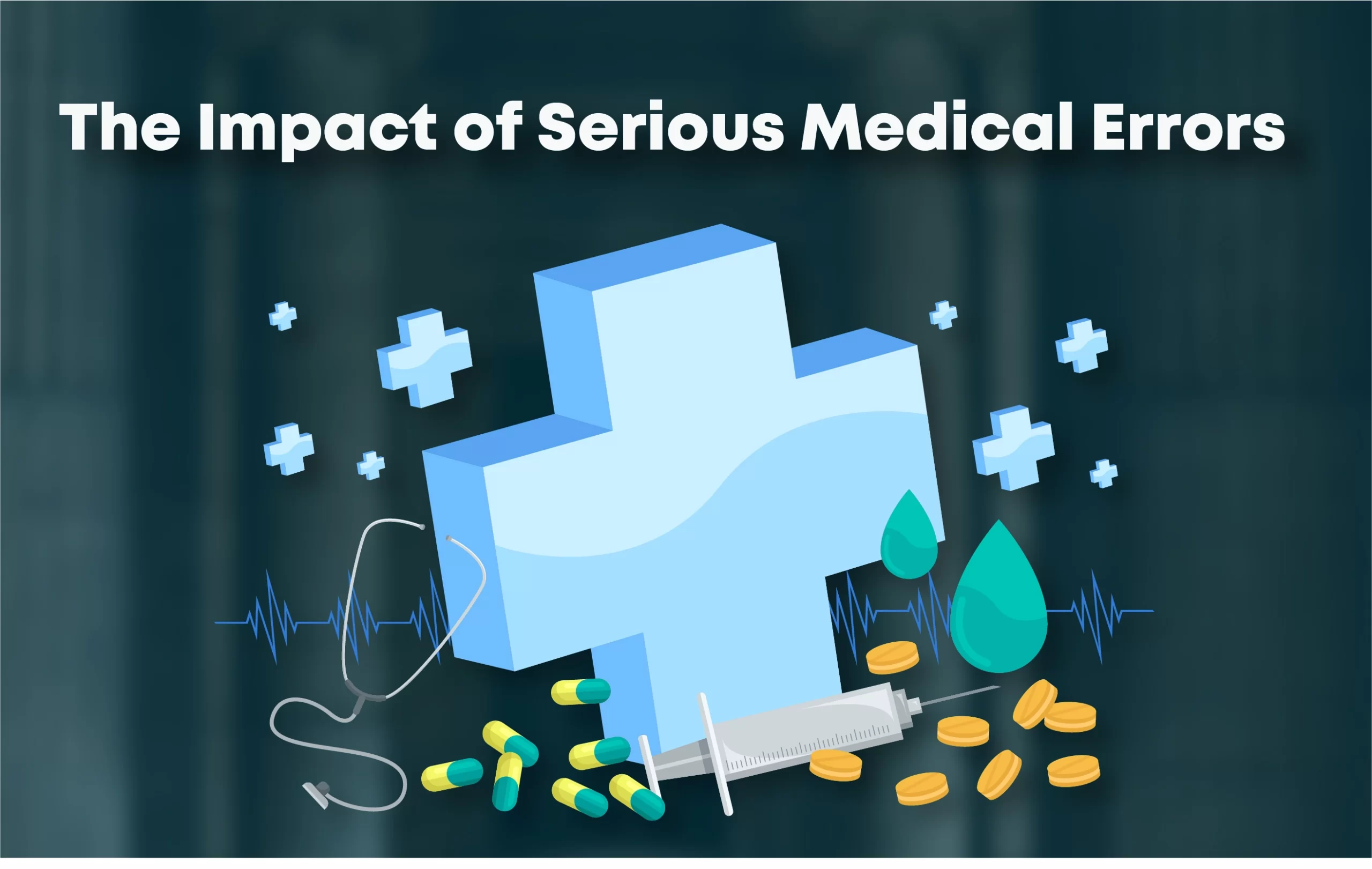Introduction
In light of the advancements in medical sciences and surgical technologies, medical errors have emerged as a significant challenge threatening the safety of patients and exposing them to the risk of permanent injuries or serious complications. In this context, case number 2018/423, heard by the Dubai Court of Cassation, sheds light on a medical liability case in eye surgeries, where the threads of events intertwine between courtrooms and surgical operating rooms, narrating the story of a patient’s suffering and a long-awaited journey for justice.
Sequence of Events
In one November day of 2014, the patient, an engineer and project manager who heavily relies on precise vision in his work, visited the Second Offending Medical Center, complaining of blurred vision. To his dismay, after undergoing surgery on his right eye performed by the First Offender, he completely lost his vision. The patient, left with no choice, sought solutions by visiting other clinics, only to discover the grave errors that accompanied the initial surgery, exacerbating his ordeal.
The Quest for Justice
The aggrieved engineer had no recourse but to turn to the legal system, seeking compensation to restore some of his material and moral rights that had been damaged. On April 29, 2018, the court issued its initial judgment, compelling the offenders to pay 300,000 UAE Dirhams and legal interest, a judgment affirmed by the court on September 19, 2018.
Appeal and Cassation
The echoes of the initial judgment had barely subsided when the offenders launched an appeal, attempting to refute the evidence and arguments presented by the court. Nevertheless, the judiciary remained steadfast in its decision, affirming the validity of the procedures and previous judgments.
Lessons Learned This case serves as a powerful message to the medical community, underscoring the necessity of adhering to the highest standards of healthcare and assuming responsibility for medical errors. It highlights the importance of transparency and accountability in medical practice, bolstering patients’ trust in the healthcare and judicial systems.
Expert Opinions
Ahmed Saber – Head of Litigation Department Ahmed Saber points out that this case highlights the legal challenges faced by patients who experience medical errors. He states, “It is imperative that we treat medical liability cases seriously and professionally, with the law serving as a support for patients, protecting their rights. Doctors and medical institutions must adhere to the highest standards of quality and safety to prevent such incidents.”
Nada Al-Mawi The medical liability case reflects significant challenges that medical institutions and doctors face in their daily work. It is important to understand that medical errors can occur at any time, but what matters is how they are handled correctly. Doctors should be ready to acknowledge mistakes when they happen and learn from them to avoid repetition in the future. Medical institutions should provide adequate support to affected patients and work towards fair compensation if errors result from negligence or non-compliance with medical standards. The ultimate goal is to achieve justice and provide the best healthcare services to patients.
Conclusion
The Dubai Court of Cassation case sets a vivid example of the importance of justice in the field of medical liability. The judgment rendered was not just a financial compensation for the victim but a cornerstone in cementing the principles of justice and restoring trust in the medical and legal system. Through this case, the message is clear: medical errors are not mere isolated incidents but matters that must be addressed seriously to ensure human rights and safety in life.

